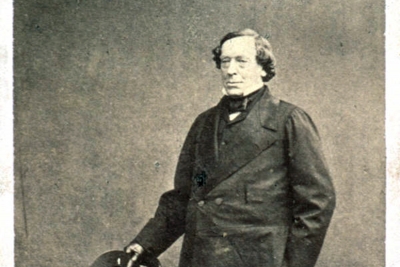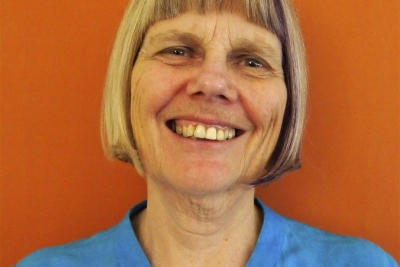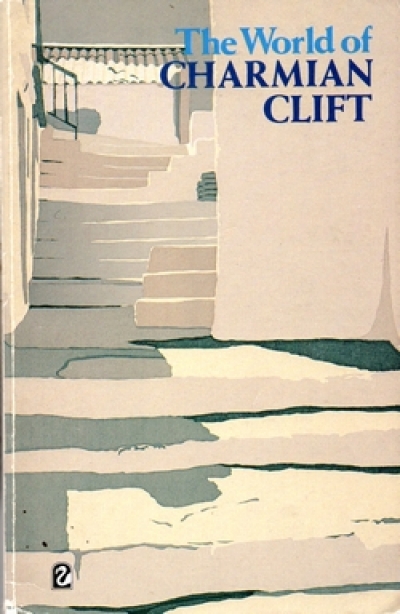Essay
If we look back into past times, we find innumerable names of authors once in high reputation, read perhaps by the beautiful, quoted by the witty, and commented upon by the grave; but of whom we now know only that they once existed.
Samuel Johnson
Sometimes the situation in Australia, with respect to writers, resembles that in early eighteenth-century England.
... (read more)I grew up in a once-upon-a-time land when milk and loaves appeared at the door to the jingle of bells and the clopping of hooves, when housewives were wistful Cinderellas in sacking aprons and hair permanently rollered for the ball, when men wore hats, and lifted them to the funerals of strangers passing in the street. That time – the forties, the early fifties – has been mythologised into a Camelot of Anglo-Celtic virtue, or a dark age of tribalism and British cooking. In my recollection, of course, it was neither, but simply the way things were. It is disconcerting to find one’s private past, one’s little collection of ordinary memories, become a matter of ideological dispute, and to discover, after peaceful decades spent reading historical documents, that you have become a historical document yourself.
... (read more)There is one kind of writing that, unfailingly, moments after I start it, stiffens my wrist till it’s too painful to go on. It must be genetic because my daughter has the same condition. Diary-writing, filling up a Daybook or whatever. Consequently, I keep no journal or notebook of any kind. I did once, in a red exercise book, for a month, on the Strathnaver from Tilbury in 1954. I’ve read it. Embarrassing! And just now I’ve been prospecting the diaries my father gave me as Christmas presents, one for 1953, the other for 1954. The later one opens in Hampstead and closes in Black Rock, swearing on the last page (to whom, I wonder, Her Majesty herself?) that Rule Britannia will never, as far as this lad is concerned, tum into Waltzing Matilda. Oh dear!
... (read more)One is tempted to view the proliferation of the small Australian literary magazine as a postmodern development. Few these days will turn a hair at the use of that term, previously confined to the domain of abstruse theories about culture and aesthetics. When the Australian Broadcasting Commission bandies about a word on the grounds that it has significance for programming strategies (according to the thrust of recent conferences, we may prepare ourselves for a new postmodern style ABC arts radio), then the word has acquired respectable currency. Postmodernism, according to the rule of thumb I shall engage here, simply emphasises the destabilisation of distinctions between ‘high’ and ‘low’ culture, and the fragmentation of modernism’s homogeneous cultural narrative into a multiplicity of independent discourses. Cultural richness becomes evaluated in terms of diversity.
... (read more)We are having a Sunday picnic. It is not a cosmopolitan affair, with pâté and brie and champagne, nor even a dinky-di one, with sausages and sauce and tinnies. Simply an impromptu, let’s-get-out-of-thehouse event: a jar of peanut butter, a jar of honey, a tub of marge, half a loaf of Friday’s bread and a packet of jubes.
... (read more)The Chief Justice of New Zealand opened his recent judgment on the attempts to suppress the book Spycatcher by Peter Wright with the comment that it was ‘probably the most litigated book in all of history’. That may be correct; although I suspect that the Bible may yet have a slight edge.
The Bible was probably the first book carried from the ships of the First Fleet when they anchored in Sydney Cove in January 1788. From reading the catalogue which accompanies this exhibition, I get the impression that the Rev. Richard Johnson – sent to this country by an organisation with the engaging name of the Eclectic Society – was rather like those annoying people who nowadays clamber aboard a jumbo jet struggling remorselessly on with the entirety of their worldly possessions. Johnson was just such a man. He carried with him no less than 100 Bibles, 350 New Testaments, 500 Psalters, 100 Prayer Books and 200 Catechisms – all made available to him by the Society for Promoting Christian Knowledge. Amongst his most precious possessions were twelve copies of Bishop Thomas Wilson’s An Essay towards an Instruction for the Indians. Sadly, guns and hangings all too soon quickly replaced words and books in the relationship between the newcomers and the indigenous inhabitants of the Great South Land.
... (read more)


